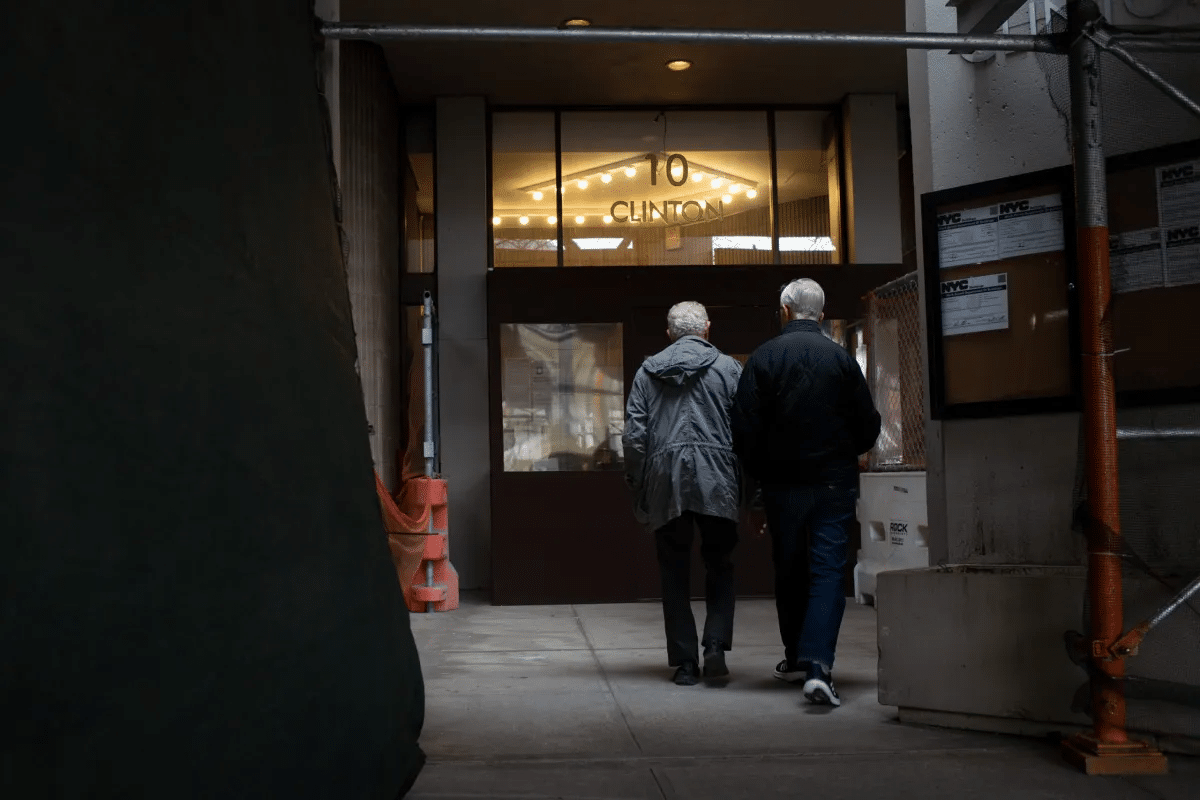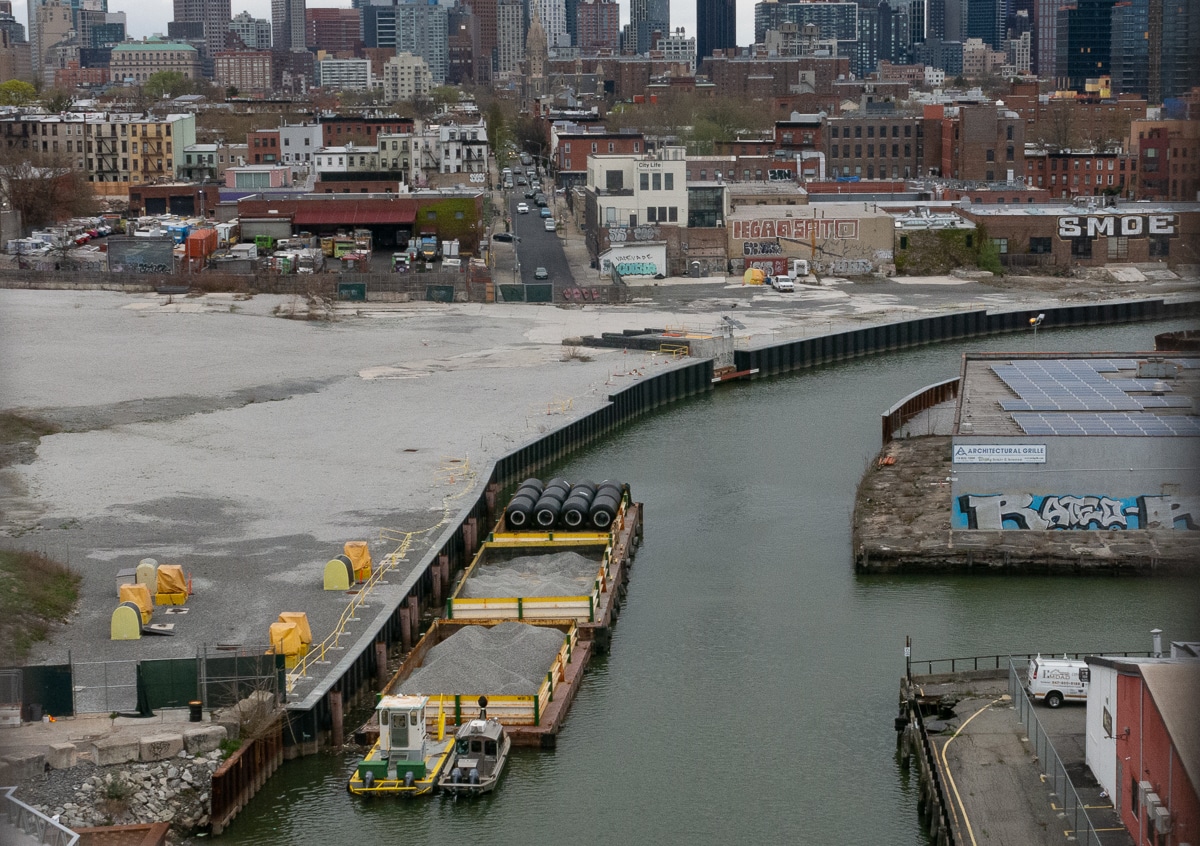Checking In On the Red Hook Co-ops
Selling market-rate units in a building where a bunch of affordable units have already closed is typically a tough endeavor: In addition to some the class-consciousness that can come into play, no one like to pay twice as much as the guy down the hall for the same apartment. (It’s also tough when the building’s…

Selling market-rate units in a building where a bunch of affordable units have already closed is typically a tough endeavor: In addition to some the class-consciousness that can come into play, no one like to pay twice as much as the guy down the hall for the same apartment. (It’s also tough when the building’s located around the corner from a gigantic tract of public housing.) So it’s no great surprise that the market-rate units at 71-79 Wolcott Street in Red Hook, a Fifth Avenue Committee project, aren’t flying off the shelf. When we call the broker, it sounded like one or two out of 20 market-rate units might be spoken for; regardless, hardly enough to qualify as meaningful traction. The $380,000 two-bedrooms and $510,000 three-bedrooms have been on the market since sometime this summer.
Market-Rate Units Available at Red Hook Co-Op Project [Brownstoner]
FAC’s Red Hook Homes Near Completion [Brownstoner]
Red Hook Co-Ops [Manzione] GMAP









Does anyone know what’s going on with these apartments? Are they selling the market-rate ones yet? Has anyone been allowed to move in yet?
Mr. B:
Proof your posts, amigo. Rife with errors. Hard to read for those of us sensitive to these things.
“But in some places real estate appreciates a lot faster than inflation. Isn’t brownstone Brooklyn over the past 30 or so years one of those places, even excepting recent bubble?”
No, not before the recent bubble.
***Bid half off peak comps***
But in some places real estate appreciates a lot faster than inflation. Isn’t brownstone Brooklyn over the past 30 or so years one of those places, even excepting recent bubble?
Can we hang a big sign saying “STUPID” to the person that pays “market” value for one of these ratholes?
Yeah, Nomi. Booms and busts create “noise” in data but over time, everything reverts back to mean. The mean for RE “commodities” is average historic inflation, 4%. That puts these two and three bedroom apartments, in 1972 dollars, at $89K and $120K, respectively. You know and I know that nobody was paying that much anywhere in Brooklyn, let alone Red Hook. Hell, those were brownstone prices.
There are factors such as the so-called “Giuliani Clean-up” and “Urbanization”. But the levered up Ponzi paper equity still clogged up in prices more than cancels out these factors. Peak comps can run but they can’t hide. Market fundamentals has the drop on them.
***Bid half off peak comps***
I don’t know if the 1972 price after inflation would be half off or less. Probably less. Real estate is a commodity, right, that generally increases in value over time. I understand your formula for “reasonableness,” but prices of a commodity do not increase in even incremental amounts. Some will pay more than the average increase over the past 60 years or whatever, some less.
“Why not compare with the price some guy down the hall paid in 1972?”
Do it. After inflation, it’d still be half off or less. When was the last time RE tripled over a decade?
“What’s so legitimate about those pre-boom prices? Why aren’t THEY too high?”
20% down, lower required debt:income ratio, 3 x income and 10 x annual rent. Nobody-turned-down credit deaded all of that.
How do these “market rate” prices make any sense? Where’s the nearest subway?
***Bid half off peak comps***
Ah, the complexities of a cross-subsidy in a mixed income development during a down market. I’m just sorry that FAC didn’t opt for a more modern design like the Cypress Hills Local Development Corporation did with Glenmore Gardens.
See below:
http://www.dwell.com/articles/brooklyn-renaissance.html
Had they, I bet the units would be flying off the shelf.